#p.l. travers
Text
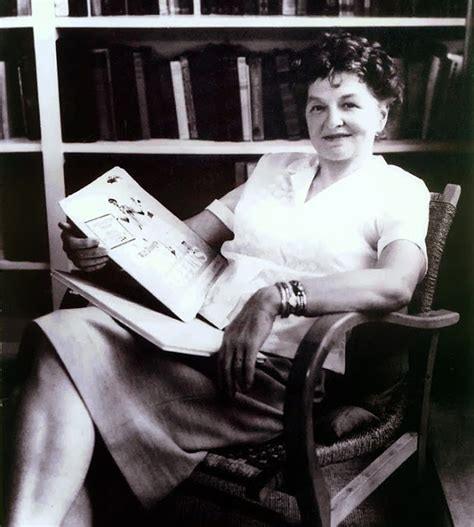
"There are worlds beyond worlds and times beyond times, all of them true, all of them real, and all of them (as children know) penetrating each other."
~ P.L. Travers
[Thanks Ian Sanders]
12 notes
·
View notes
Note
What do you think of PL Travers' criticisms on Andersen's writing on the Little Mermaid?
All I've read are her comments on the very end of the story. If she made any other comments, I don't know them.
As for her criticism of the last paragraph, I agree with her. I also dislike the fact that the Daughters of the Air have their time of trial lessened by a year each time they see a well-behaved child, but a day added for each tear they shed when they see a naughty child.
It's all too preachy in a classic 19th century way, and I agree with Travers that it's emotional blackmail for child readers. It's completely unnecessary too. It has nothing to do with the main themes of the story; in fact it arguably goes against one main theme. The Mermaid's failure to gain a soul by winning the Prince's love, only to to earn a second chance by self-sacrifice and be allowed to gain a soul by doing good deeds as a Daughter of the Air, sends the message that spiritual salvation can't depend on another person. That we have to earn it with our own virtue and good deeds. Part of why Andersen allegedly wrote the tale was as a deconstruction of Undine, because he disliked the concept of a sea nymph gaining a soul by marrying a human. Yet in the end, the Daughters of the Air do depend on others for their salvation, because the length of time before they're allowed into heaven depends on children's behavior.
It feels as if after writing a very personal story, with themes that resonate more with adults than with children, Andersen suddenly remembered that children were his target audience and tacked on a preachy, unconvincing message of "Be good, boys and girls, or the Little Mermaid will have to wait longer to go to heaven."
It's no wonder that even adaptations that keep the tale's original bittersweet ending tend to eliminate that part, and either have her rise straight to heaven or else de-Christianize the tale and just have her spend a happy eternity as a spirit guardian of young lovers.
25 notes
·
View notes
Text
When the other polls will be out, they'll be in my 'fantasy polls' tag.
#polls#fantasy polls#fantasy#marry poppins#p.l. travers#good omens#terry pratchett#neil gaiman#the colour of magic#the color of magic#american gods#the gunslinger#the dark tower#stephen king#la morte d'arthur#thomas malory#dragonflight#dragonriders of pern#anne mccaffrey#swordspoint#riverside#ellen kushner#the buried giant#kazuo ishiguro
50 notes
·
View notes
Text
Mary Poppins HCs
-Mary Poppins continues to help both children and their parents, regardless of where they live or what color their skin is.
-Although Mary's clothing has changed depending on time period and location, one aspect of her that never changes is her umbrella. She still uses it even after it's long gone out of style.
-Mary Poppins has has many would-be suitors of both genders over the years, but she remains an eternal bachelorette.
78 notes
·
View notes
Text
Walt Disney’s Mary Poppins Original Motion Picture Soundtrack (1964)



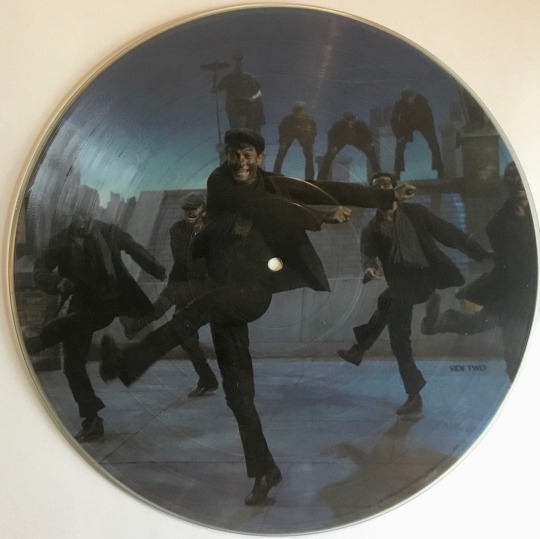
1981 Disney Picture Disc Release
Walt Disney Productions
Walt Disney Records
#my vinyl playlist#mary poppins#julie andrews#david tomlinson#ed wynn#dick van dyke#glynis johns#p.l. travers#robert stevenson#walt disney productions#walt disney records#movie soundtrack#movie musicals#60’s music#picture disc#record cover#album cover#album art#vinyl records
7 notes
·
View notes
Text
Mary Poppins and Bert are either a bi woman/bi man couple, or each other's beards
#helps that the author of the original books was bi herself#mary poppins#bert mary poppins#julie andrews#dick van dyke#p. l. travers#p.l. travers#p l travers#pl travers#gay#bi#bisexual#bisexuality#lgbtq+#queer
17 notes
·
View notes
Text
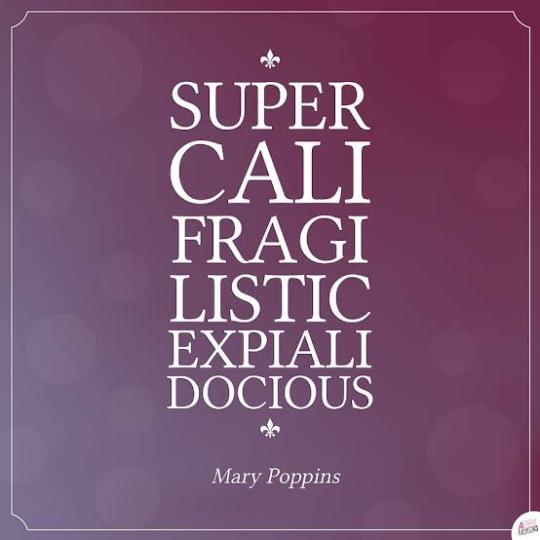
Source : Google
#p.l. travers#disney#mary poppins#supercalifragilisticexpialidocious#vocabulary#vocab#word#words#long word#long words#song#songs#quote#quotes#bokeh#art#movie#movies#film#films
2 notes
·
View notes
Text
Open Letter to John Lee Hancock
Dear Mr. Hancock,
I have watched your film Saving Mr. Banks, a story in which Walt Disney screws P. L. Travers out of the rights to her classic childrens story Mary Poppins, twisting it into a form she does not recognize or approve of.
I have watched your film The Founder, a story in which Ray Kroc screws Richard and Maurice McDonald out of their innovative restaurant McDonalds, twisting it into a form they do not recognize or approve of.
So I ask of you, Mr. Hancock, what is next in the Businessman Screws Over Artists Cinematic Universe (or BSOACU)?
You have used your platform to take down the giant of the entertainment industry (The Walt Disney Corporation), as well as the giant of the food industry (General Mi- I mean The McDonalds Corporation). Therefore it makes sense to end your trilogy targeting the giant of... let's say... the tech industry!
Hence forth, I expect you to start pre-production on the Elon Musk biopic by the start of Q2 2023. There should be a scene explicitly showing the emerald mines in Zambia his father owned during the Apartheid era. You may not think it's relevant to the narrative of how he strongarmed Martin Eberhard and Marc Tarpenning out of Tesla Motors back in 2007, but trust me, it is.
America is counting on you John Lee Hancock, and by America, I mean the world!
Sincerely,
The Poppet Sisters
#the founder#saving mr. banks#walt disney#mcdonalds#p.l. travers#ray kroc#john lee hancock#open letter#mary poppins
16 notes
·
View notes
Text
Saving Mr. Banks (2013)
📚 to 📽️
This biographical film dramatizes the real-life story behind the book series Mary Poppins and the development to turn it into a feature film.
The principal stars of the movie include Emma Thompson as Mary Poppins author Pamela “P.L.” Travers, Tom Hanks as animator/film producer Walt Disney and Colin Farrell as Travers Goff. The supporting cast includes: Paul Giamatti as P.L. Travers’ assigned chauffeur Ralph (who serves as a comic relief with his positive outlook), Bradley Whitford as screenwriter Don DaGradi, B.J. Novak and Jason Schwartzman as songwriters Robert and Richard Sherman, respectively, and Ruth Wilson as Margaret Goff.
Like Mary Poppins herself, the cast is practically perfect in every way. Emma Thompson is absolutely brilliant as she embodies a writer whose bitter attitude stems from an emotionally troubled childhood that makes you feel sorry for her. Tom Hanks is both authentic and fantastic as he captures the very essence of Walt Disney’s jovial personality and magic touch in a way only he can accomplish. Colin Farrell fits thoroughly in the pivotal role of P.L. Travers’ father, a loving, imaginative man whose alcoholism, constant firings of his job and occasional mood swings caused her family to fall on hard times, but also inspired her to let her own imagination take flight.
The film demonstrates the creative differences between the harsh, particular methods of P.L. Travers and the bright, whimsical mind of Walt Disney himself. As Walt owed a promise to his daughters, he was determined to bring Mary Poppins to the big screen. Mrs. Travers (as she insisted on being called, although she never married) on the other hand was completely intolerant of American culture and believed a film adaptation of her character would not bring justice to her creation. Other reasons for her refusal include both her arguing statement that Mary Poppins is not fun-loving, but rather educational, and her intense hatred of animation (Walt had not yet made live-action movies when he first approached P.L. Travers in the 1940s). For twenty years, Walt made relentless attempts to persuade Mrs. Travers into giving him the film rights. Finally, she reluctantly agreed to attend the story meetings when her book sales were declining (which resulted in writer’s block) and was in desperate need of money. However, despite obtaining script approval rights, she was very hard to please as she strongly disliked everything the Disney team came up with (she did not even approve the casting of Dick Van Dyke). She especially objected to the depiction of Mr. Banks, on whom her father is based, as a stern character.
Furthermore, Mrs. Travers was highly against her story being made into a musical, insisting that Mary Poppins does not work her magic through music. She also despised the songs for the project such as “Chim Chim Cher-ee”, “A Spoonful of Sugar” and “Supercalifragilisticexpialidocious”.
As the story unfolds, flashbacks of P.L. Travers’ childhood depict the inspiration for Mary Poppins and how special the books and everything within them are to her. On a personal note, Mrs. Travers ultimately wrote Mary Poppins as a form of atonement as she failed to help her father with his personal problems, hence she was afraid Walt Disney might tamper her beloved creation. In turn, Walt realizes that in order to gain P.L. Travers’ approval, he has to dig deeper to fully understand the true purpose of her books and help her set Mary Poppins free.
The film mainly takes place in 1961 Los Angeles, while Mrs. Travers’ tragic childhood took place in 1906 Australia, her birthplace. She was born Helen Goff (and given the nickname “Ginty” by her father), adopting her father’s name, Travers, out of love and admiration as a pen name. Her upbringing in Australia is first seen when her family was forced to move from Maryborough to rural Allora. From there, her father eventually fell ill from tuberculosis as a result of his habitual drinking, prompting her mother to hire her no-nonsense sister to take care of things. During those hardships, she and her father would use their imagination to go on different adventures all while tending to each other. For the majority of her adult life, P.L. Travers lived in London as she desperately tried to hide her original heritage. London is also where the character Mary Poppins was introduced to readers as a proper Englishwoman. When Mrs. Travers first arrived in LA, she was initially disgusted by the sunny atmosphere and over-friendly hospitality of its residents.
However, Mrs. Travers progressively appears to have a change of heart as Walt and his creative team do everything they can to win her over and ensure that Mary Poppins will restore hope, as she was originally created to do, in the process.
Finally, the lesson is don’t let your own tragedy define you and if you want to do something you really love, keep an open mind to people who are willing to offer their own creative ideas. With all that said, whether you’re a Disney fan or not, I honestly suggest putting this wondrous, sentimental film on your watch list to get an inside look at the making of Mary Poppins.
#Saving Mr. Banks 2013#biographical film#Walt Disney#Tom Hanks#P.L. Travers#emma thompson#colin farrell#Travers Goff#Bradley Whitford#Sherman Brothers#Mary Poppins#book to film#Walt Disney Studios
12 notes
·
View notes
Text
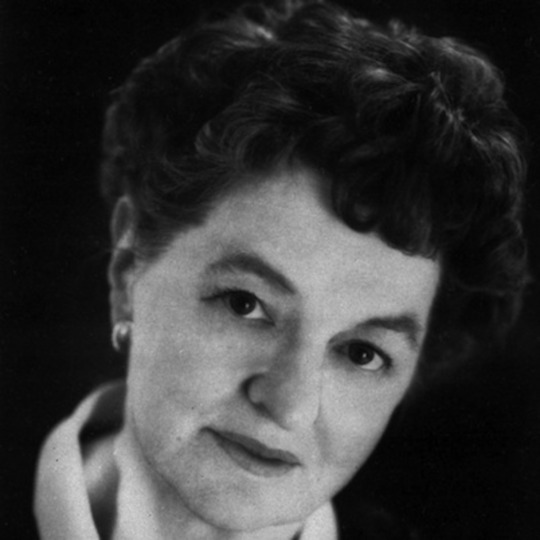
A writer is, after all, only half his book. The other half is the reader and from the reader the writer learns.
-P. L. Travers (August 9, 1899 – April 23, 1996)
She was a novelist, actress and journalist. She is best known for the Mary Poppins series of books.
2 notes
·
View notes
Text
The Enchanting World of Mary Poppins: A Timeless Musical Extravaganza
"The Enchanting World of Mary Poppins: A Timeless Musical Extravaganza" invites audiences into the whimsical universe created by P.L. Travers and brought to life on screen.
In the realm of musical theatre, few productions can rival the enduring charm and enchantment of “Mary Poppins.” Inspired by the beloved stories of P.L. Travers and brought to life by the creative genius of Disney, this magical musical has captured the hearts of audiences around the world. From the delightful characters to the unforgettable songs, “Mary Poppins” continues to captivate both young…
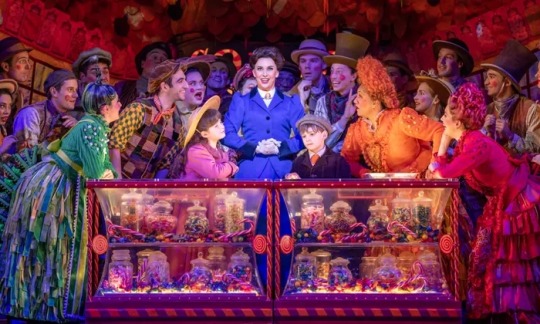
View On WordPress
0 notes
Text
Thursday 22nd June
P.L. Travis
(1899 - 1996)
Bisexual
1 note
·
View note
Photo

Title: Mary Poppins (Mary Poppins #1)
Author: P.L. Travers
Genre: Children’s Classic, Fantasy Fiction
Published: January 1, 1934
My Thoughts: I think this is the first time I’m saying I liked the movie more (although the movie might have tainted the experience I was supposed to have).
Mary Poppins is a magical nanny for Jane, Michael, and the twins at the Banks’ house. She can slide up banisters, pull an armchair out of an empty carpetbag, and make a dose of medicine taste like lime-juice cordial. A day with Mary Poppins is a day of magic and make-believe come to life.
Mary Poppins has all the magic you’ll remember from the movie (if you watched the movie). P.L. Travers does a fantastic job of weaving in fantastical moments every child wishes were real. To be honest, I felt that the movie was a better rendition.
While there were scenes I enjoyed, the entire story left me incredibly underwhelmed. It felt like a story with no real purpose and a plot riddled with abusive behavior towards the Banks children (unfavorable parents, gaslighting, and abandonment). While these can be plotlines to tell a story, Mary Poppins doesn’t try to give any takeaways from this.
While I didn’t find the story as enjoyable as I had expected, I also see that Disney might have made me believe this story was something more than it was (I also never watched Saving Mr. Banks, which I’ve heard is also heavily sugarcoated). I recommend this to anyone curious about the famous movie’s real story. Unlike how I did, make sure you go into it without the thought of comparing the two.
0 notes
Text
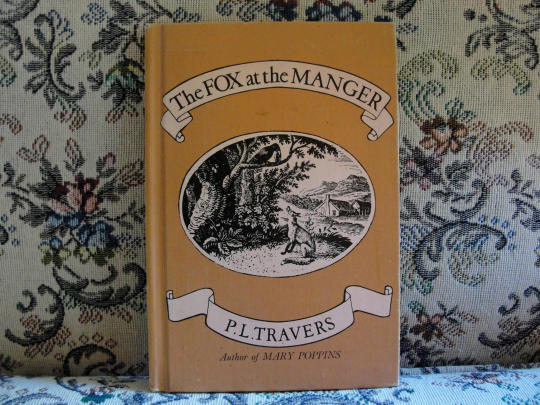
The Fox at the Manger by P.L. Travers (author of Mary Poppins)
1 note
·
View note
Text
Early Disney did SUCH a disservice to all the female characters in all its book adaptations apart from maybe Alice.
Like, Disney's 101 Dalmatians is by far the worst offender, I could write an entire essay on the absolute misogyny of the way Disney handled every single important female character in that book to the point of making some of them male in the film when their entire character arc in the book is about them wanting to recognised as having both masculine and feminine sides and not wanting either to be erased, and of course Disney's Peter Pan made Peter himself sexist for no reason whatsoever when he says nothing of the sort in the book and would never talk to Wendy that way (thus doing Wendy a disservice because book Wendy would never simp for someone who talks about girls like that), but one thing I've never seen anyone talk about is how much of a disservice Disney's Mary Poppins did to Jane Banks.
#I feel like Disney Mary Poppins gets away with it because Mary herself and Mrs Banks both come out pretty well but#JANE what did you do to my girl Jane#her entire personality and character arc is gone#she was based on P.L. Travers herself she is the heart of the story#they didn't even make her a bad character they made her a NOTHING character#she makes no active decisions by herself the entire goddamn film#the stage musical is better infinitely but reducing the number of Banks siblings from 5 to 2 alone#means you rid Jane of her eldest sibling angst which is an integral part of why she's so stubborn and angry and disobedient#but then you can't really have two toddlers and a baby onstage so I don't know what the answer is
135 notes
·
View notes
Text
"A writer is, after all, only half his book. The other half is the reader and from the reader the writer learns."
P.L. (Pamela Lyndon) Travers, author, creator of the "Mary Poppins" series (9 August 1899-1996)
6 notes
·
View notes